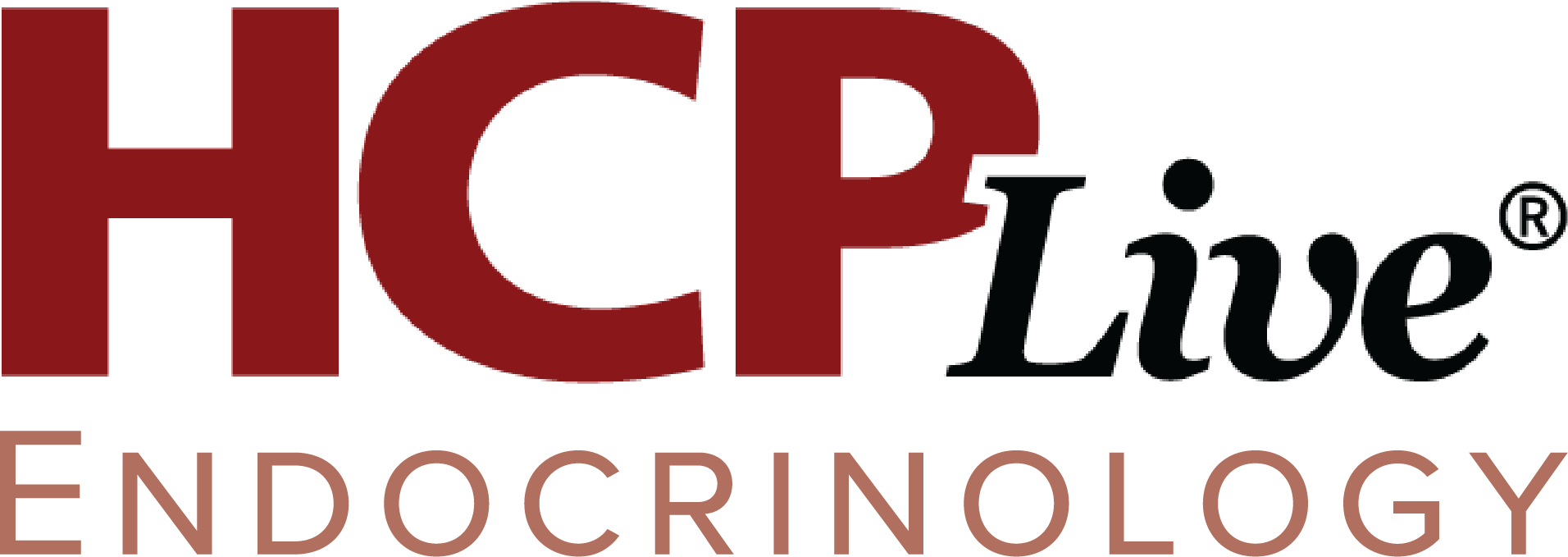Endocrinology

The HCPLive endocrinology page is a comprehensive resource for clinical news and insights on endocrine system conditions. This page consists of interviews, articles, podcasts, and videos on the research, treatment and development of therapies for diabetes, hormonal disease, and more.
Latest News
October 30th 2024
A decade after bariatric surgery, most teens maintained weight loss and reduced obesity-related conditions such as type 2 diabetes and hypertension.
Diabetes Dialogue: Technology, Therapeutics, & Real-World Perspectives
HCPLive Endocrinology's flagship diabetes podcast, hosted by Diana Isaacs, PharmD, and Natalie Bellini, DNP
More News
Short- and Long-Term Effects of Intensive Diabetes and Blood Pressure Control
February 8th 2015Several trials have been conducted, and many more are yet to be completed, that have the goal of addressing whether intensive blood glucose control and intensive blood pressure (BP) control have any long-term benefit on all-cause mortality and major cardiovascular events. Contradictory data have been published with respect to the short- and long-term benefits of aggressive BP and blood glucose control versus conventional treatments for BP and glucose control. This review presents the main points of some of the important trials to date on this subject.
Better Approaches to Diagnosing and Treating Hypophysitis
February 6th 2015Hypophysitis is a rare, complex condition in which inflammation infiltrates the pituitary gland. It used to be considered a condition solely affecting peripartum women, but better diagnostics have identified this condition in other patients.
Meeting Report: American Heart Association Scientific Sessions 2014
February 4th 2015Each year, the American Heart Association's (AHA's) Scientific Sessions is the organization's largest yearly gathering of healthcare professionals and researchers in the field of cardiovascular disease and stroke. Providing 5 days of comprehensive education with more than 4000 presentations by world leaders in cardiovascular disease, the AHA 2014 Scientific Sessions featured the results of landmark and long-awaited clinical trials.
Medication-Free Strategies Can Prevent Coronary Heart Disease
February 3rd 2015Drug therapy is recognized as an effective way to lower lipids and control hypertension, and for its effect on reducing the incidence of myocardial infarction. However, the impact of personal habits, such as eating, drinking, smoking, and exercise, on the incidence of coronary heart disease without reliance on prescription medications and their potential side effects may be less well established.
Why Does This Patient Have Acute Severe Abdominal Pain Following Barium Enema
February 2nd 2015One day following sigmoidoscopy for an anal stricture, this 61-year-old obese woman was admitted to the emergency department in shock. Earlier that morning, she had a barium enema without evidence of free air inferior to the diaphragm. Acute abdominal pain developed several hours later.
Steroid Use in Bodybuilding Grows Male Breasts
Gynecomastia-the growth of breast tissue in men-can be an embarrassment for adolescents, but for professional bodybuilders it can be a career-ender. Two plastic surgeons said steroid use is to blame and surgery-not liposuction-is the best treatment.
Doctors Ordering Wrong Vitamin D Test
When it comes to ordering the correct test for Vitamin D, too many doctors just can't get it right, a new study found. A Seattle team found 66% of tests ordered for one type of test were made in error, delaying care and potentially putting patients at risk. But it took the laboratory specialists 2 years of trial and error--and a lot of patience--to get the doctors to order the right tests.
Potential Discovery of Pancreatic Cancerous Cell Mechanisms
January 28th 2015Researchers at Huntsman Cancer Institute (HCI) at the University of Utah recently discovered the mechanism potentially triggering pancreatic cancer from the defects resulting from extrusion, the process through which cells are squeezed out of overcrowded tissue to die.
Critical Illness and Renal Clearance: Why So Fast?
January 27th 2015Renal clearance can be significantly elevated in the critically ill. Treating these patients with renally cleared drugs can present a problem. Drugs-whisked through the body with greater than expected efficiency, a process called augmented renal clearance (ARC)-reach only suboptimal levels and, consequently, patients experience no improvement or actual clinical decline. ARC is often associated with elevated urinary creatinine clearance.
Rogue Breast Cancer: The Triple Negative Dilemma
January 27th 2015In March 2014, the Society of Surgical Oncology Susan G. Komen for the Cure Symposium focused on the literature on the epidemiology, molecular pathology, and therapy considerations of triple-negative breast cancer. The Annals of Surgical Oncology has published a summary of this work ahead of print.
PTSD May Elevate Risk of Type 2 Diabetes Mellitus in Women
January 27th 2015JAMA Psychiatry has published a study ahead of print examining the relationship between PTSD and T2DM in Nurses' Health Study II participants. The study questioned whether PTSD increased the risk of T2DM among civilians, and the magnitude of change. The findings indicated a positive association.